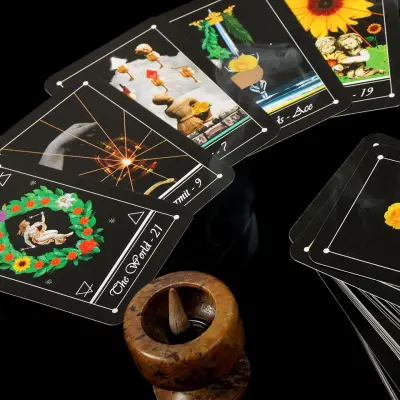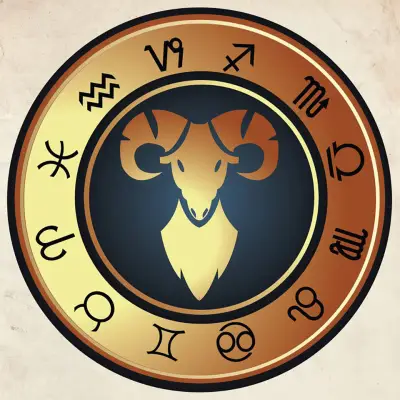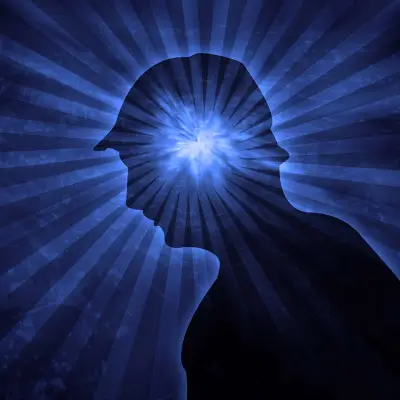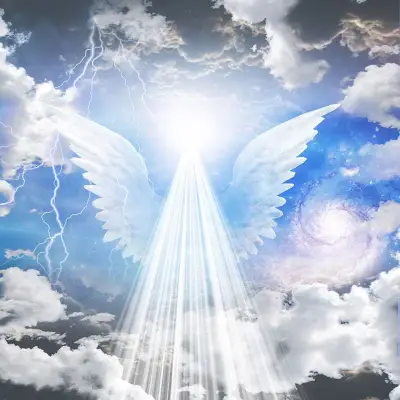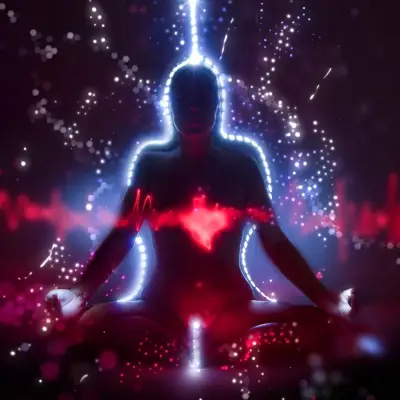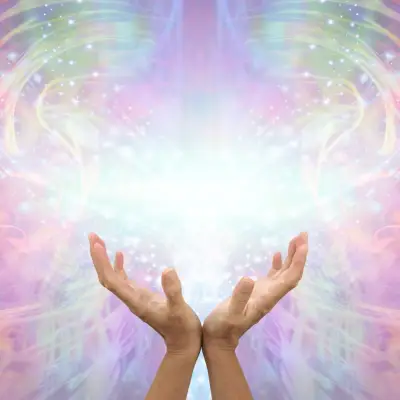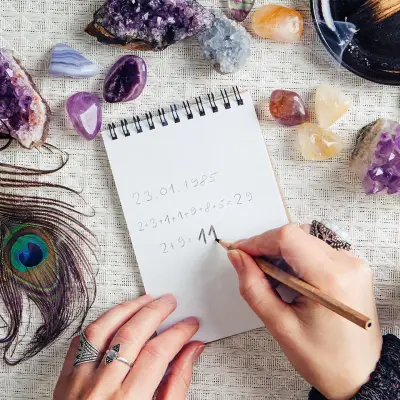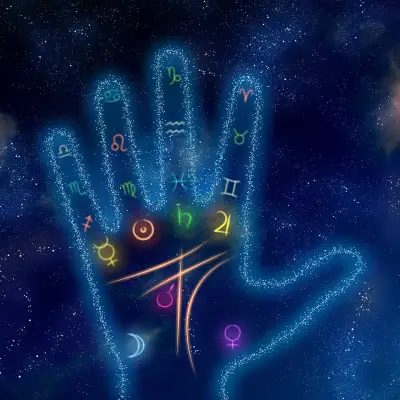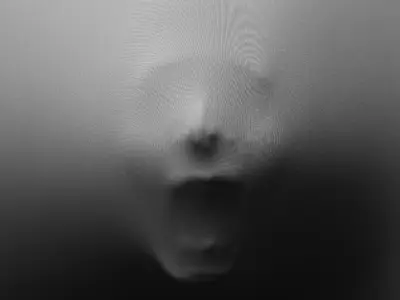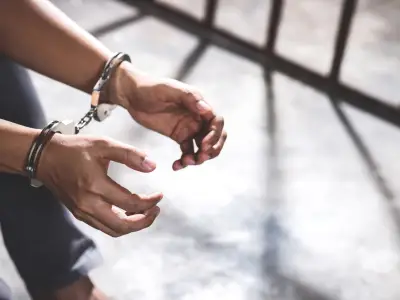Have you ever wondered why certain patterns in your life seem to persist or why you carry emotional burdens that you can't seem to shake? What if we told you that some of these issues may not solely belong to your personal story, but actually belong to your ancestral history instead?
Jump to:
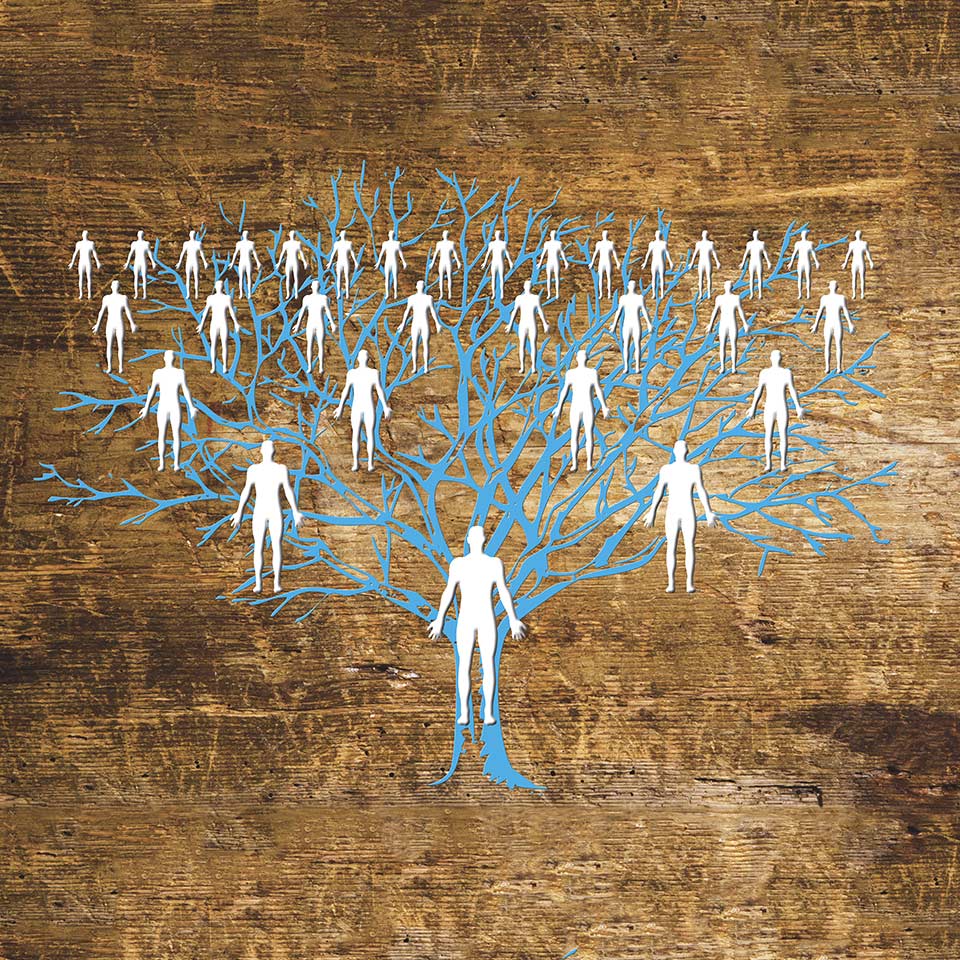
What is Ancestral Healing?
Ancestral healing is a process that involves addressing and healing the emotional and spiritual wounds that have been passed down through generations within a family. It’s based on the idea that our ancestors’ unresolved traumas and issues can continue to influence our lives in the present.
Such ancestral trauma could have originated from significant family experiences or historical and cultural events. It commonly manifests as unresolved grief, fear or anger and often show up as recurring patterns in our life. The experiences and struggles of our ancestors can significantly impact our behaviour and beliefs and play a part in shaping our relationships, career choices, and even our physical health. Ancestral healing allows us to explore the root causes of our current challenges and begin to heal them.
Signs You’re Carrying Unhealed Ancestral Trauma
Even though ancestral trauma is deeply embedded in our subconscious, it can manifest in multiple ways in our lives, some of which we may not even be aware of. Recognising some of these signs can indicate that ancestral wounds are affecting your well-being. Here are some common signs to keep an eye out for:
- Recurring Patterns and Behaviours
One of the most noticeable signs of unhealed ancestral trauma is the repetition of negative patterns and behaviours in your life. These could include patterns of self-sabotage, destructive relationship dynamics, or unexplained phobias and fears.
- Unexplained Emotional Reactions
You might experience intense emotional reactions or triggers to situations or events that seem disproportionate to the circumstances.
- Chronic Health Issues
Ancestral trauma can also manifest as physical ailments. Chronic health issues that seem to have no clear medical cause may be rooted in ancestral pain or distress.
- A Sense of Disconnection
If you feel disconnected to your family or culture, this may be a sign that you have unresolved issues. It could manifest as difficulty resonating with your roots or feeling like an outsider within your own family.
- Relationship Struggles
Ancestral trauma can negatively impact your relationships and you might find yourself repeating relationship dynamics that mirror those within your family history.
- Unexplained Grief or Sadness
Ancestral grief can weigh heavily on your emotional state, so if you feel a deep sadness or a sense of loss that you can’t attribute to your own life experiences then it could be due to unresolved ancestral trauma.
- A Compulsive Need for Approval
Seeking excessive approval or validation could also be a sign of ancestral trauma. You might notice you have a desire to compensate for the perceived “failures” of your ancestors.
Recommended for you!
Best SellersAncestral Healing Techniques
There are quite a few methods that are utilised in ancestral healing, and each comes with its own approach to connect with and heal the past.
Family Constellations
One of the most well-known techniques is "Family Constellations” which was developed by German psychotherapist Bert Hellinger. It is a therapeutic approach to ancestral healing that uses group dynamics to reveal and heal family system dynamics. During a family constellation session, participants come together to represent various family members or elements of a family's history. By doing this, a physical representation of the family system is created, and this allows hidden patterns and unknown issues to surface. It’s known to be quite effective for understanding issues within your family lineage and uncovering the sources of ancestral trauma allows you to work towards healing them.
Rituals and Ceremonies
Rituals and ceremonies are traditional practices that have been around for many years. They allow us to create a sacred space and time to communicate with and pay respect to our ancestors. It is believed that, as you make offerings and conduct your prayers, you build a stronger spiritual connection with your lineage, and this forms a powerful path for your ancestors' wisdom and guidance to reach you.
Guided Meditation and Visualisation
Meditation gives you the space to go inward and connect with your roots on a deeper level. Through focused mindfulness, you can tap into the collective life experiences of your ancestors which can help you trace how certain emotions or coping mechanisms may have been handed down across generations. Guided inner journeys essentially allow you to seek truth directly from your ancestors about why skeletons from the past still lie in family closets today.
Ancestral Altars
An ancestral altar is like a direct spiritual path to your roots right within your own home. Having a dedicated space lets you stay in constant contact with ancestors through objects like old family photos or personal possessions - whatever resonates as their essence. This space can become sacred for communicating and finding guidance, or simply feeling your ancestors' presence every day. You might talk to ancestors there, meditate or express gratitude - it's up to you. There’s also an opportunity for mindfulness, as you’ll regularly be caring for the altar, cleaning it and lighting candles.
How to Heal Ancestral Trauma
Before you can heal ancestral trauma, it's important to identify the patterns and wounds that have been passed down through generations. Are there any recurring themes or behaviours in your family’s history? This could be things like addiction, abuse or mental health issues.
You can start the healing process by digging into your family’s past - it’s the most powerful way to better understand your lineage and the experiences that have shaped your family’s story. You can talk to older family members and learn about stories or traumas that might have influenced your current life. As you learn more about your family history, it’s important to do some self-reflection to acknowledge how your ancestral trauma might be influencing your life, and take a moment to recognise your emotional behaviours and triggers.
Forgiveness is the next step in the ancestral healing journey. It involves first forgiving your ancestors for the pain they carried and then forgiving yourself for any resentment or anger you may be holding on to. When practising forgiveness, it’s important to understand that by forgiving your ancestors, you are not condoning their past experiences or actions, but instead letting go of the emotional burdens that have been passed down through generations.
Releasing and letting go is integral in this healing process. It takes a lot of strength to acknowledge all of the pain and suffering that has been passed down to you and consciously choose to release it.
One of the final steps in healing ancestral trauma is actively working on transforming your negative behaviours into positive ones. This step is all about breaking this cycle of generational trauma and healing yourself for the benefits of future generations.
The process of healing isn’t always easy and is an ongoing and gradual journey that requires a lot of patience and self compassion. It’s also common for people to seek support from ancestral healing practitioners or therapists who are experienced in this field.
By understanding the connections between past and present, and by actively engaging in healing techniques, you can work towards a more content life. If you're curious to find out more, consider enrolling in our Ancestral Healing Diploma Course. For just £29 (save £118!) you’ll delve further into the wisdom and practices of ancestral healing and be introduced to ancestral guides, learning how to perform and write various rituals.
